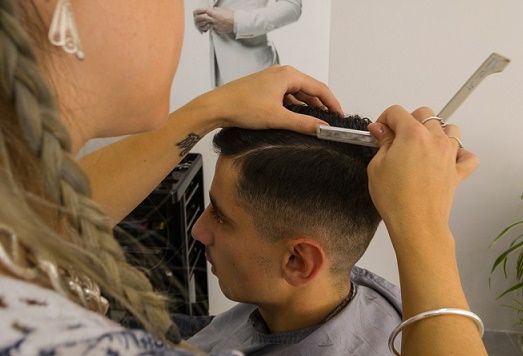Denmark looks set for another round of reopenings from Monday March 22.
Last night it was confirmed that the plans have the backing of a broad majority of Parliament.
The assembly gathering limit will be raised from five to ten people outdoors, but the recommended number indoors will remain at five.
Gathering limits for outdoor sports and outdoor services, as well as other leisure and association activities, will be raised from 25 to 50.
More school returns
There is good news for the Capital Region’s public schools, as their graduating students will be able to return along the same lines as the rest of the country – at no more than a 50 percent capacity.
However, should the municipality have an infection rate deemed to be too high, the students will have to remain at home.
All vocational students, typically older teens studying a profession, can return.
Venstre leader underwhelmed
Venstre chair Jakob Ellemann-Jensen welcomed the new measures, but would have liked to see more.
“I had hoped that more could return to school. And I had hoped the face-to-face proprietorships [like hairdressers] could open, as well as the shopping centres,” he said, according to DR.
Radikale leader Sofie Carsten Nielsen said it was good news that families could hold an outdoor Easter lunch for ten people.
Let’s hope the weather permits it!
Long-term plan next
Next up on the agenda is a long-term reopening plan, which should give the face-to-face proprietorships, as well as bars and restaurants, along with cinemas and theatres, a better idea regarding potential opening dates.
PM Mette Frederiksen promised such a plan no later than March 23.















